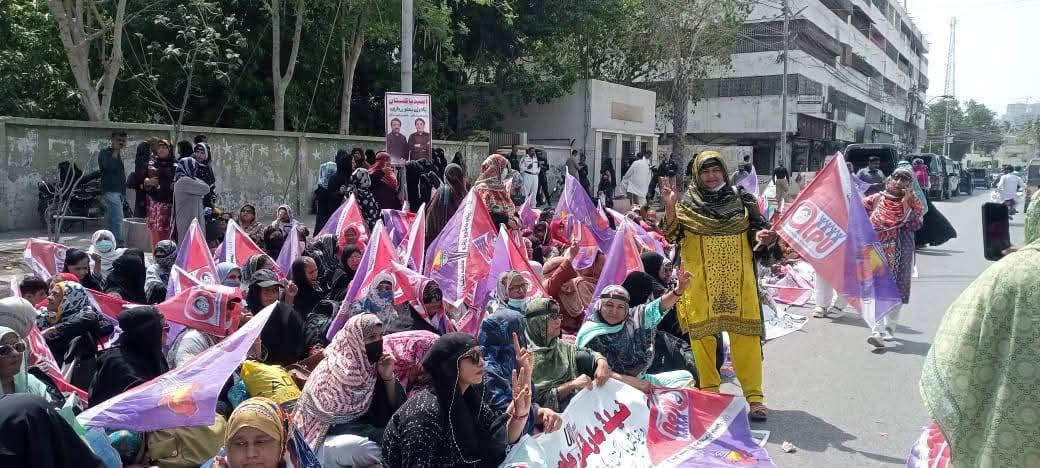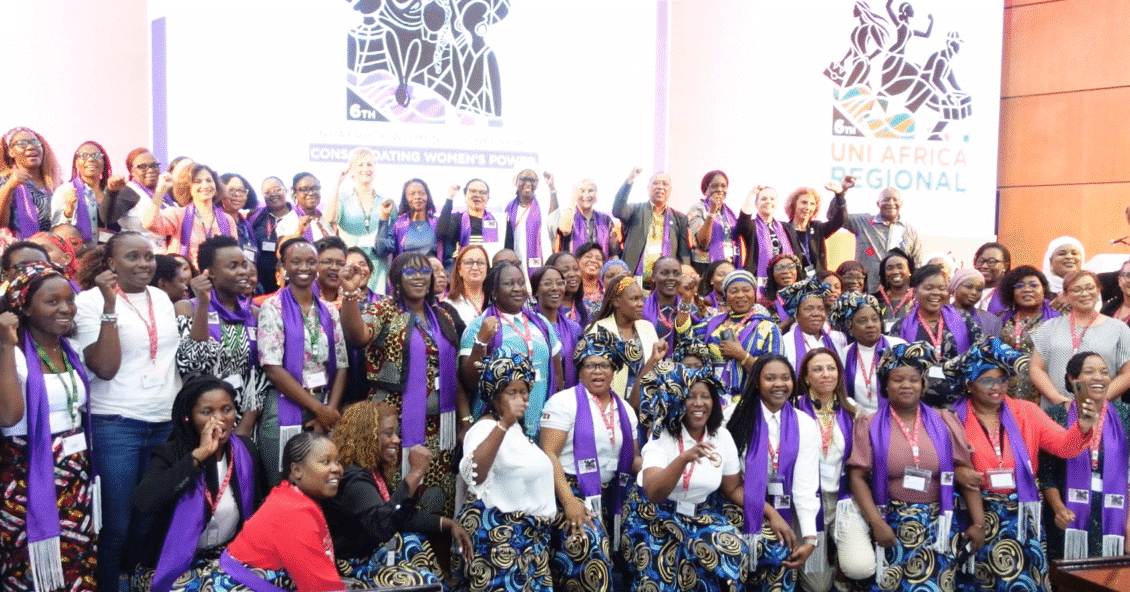The fraught negotiation between the Korea Postal Workers Union (KPWU) and the management of Korea Post saw a breakthrough on Monday morning, 8 July.
Since early spring to summer of 2019, the KPWU members have staged picketing, held meetings and organised demonstrations to demand concrete actions to alleviate the unacceptable working conditions of postal workers. Brother Lee Dong-Ho, President of KPWU, announced the conclusion of the negotiations, brokered by the Korea’s Labour Commission, at the Kwanghwamoon Post office conference room later on the same day at 4.30 pm.
He reiterated that the union’s action was due to Korea Post’s inaction, “The root cause of our strike plan, unprecedented in the 61 years of our union history, was because Korea Post broke the 2018 agreement which includes 2,000 new postal workers and a real 5-day-workweek system. The number of postal worker deaths from overwork continues to rise – 9 letter carriers died this year and 25 last year.”
Reporting on the new agreement reached, Bro. Lee shared that Korea Post will first hire 750 postal workers on an out-sourced basis. They will also, as part of an organizational restructure, transfer 238 workers in the back office and other departments to letter carrier jobs by the end of July. With this interim measure, it is hoped that the workload for existing carriers can be eased in the coming months.
Some additional measures that were accepted include abolishing the current practice of linking sales targets of high-weight parcel delivery over 10 kg with performance appraisals. New prices for high-weight parcel delivery services will be reviewed and the minimum standard of contract-based deliveries will be changed from the current over 100 kg parcels to over 300 kg parcels. The KPWU estimates that if these new regulations are applied effectively, it will help reduce 30 million tons of delivery from the current overall load.
The inadequate staffing level is the key stressor on the postal workers. Korean letter carriers work an average of 2,745 hours per year which is 700 hours longer than the average Korean worker. They also work 123 days more than the average of postal workers in the OECD countries. One Korean letter carrier serves an average 1,160 Korean household compared to similiar workers in the USA and Japan who serve an average of 514 household and 378 household respectively. The current ratio in Korea of letter carriers to the population is one is to 2,763 people, but in the USA it is one is to 1,400 people, and in Japan it is one is to 905 people.
The two parties agreed to table the remaining unresolved issues at a Social Consensus Body, to be convened at a later date, which would involve representatives of the union, management and the government. These outstanding issues include fulfilling the number of full time postal workers as established in the previous agreement, abolishing Saturday deliveries (i.e. 6-day work system), and settling the service fee for outsourced-delivery companies serving the rural areas.
The union conceded to allow Korea Post to first implement the five-day workweek system starting from the rural communities in January 2020 onwards. An unexpected outcome from the negotiations was the concession from the Ministry of Planning and Finance to amend the regulations to allow profits from the Korea Post Bank to offset the deficits incurred by the Postal Services.
The Regional Secretary of UNI Apro, Christopher Ng, praised the KPWU for their poised approach. He says, “UNI Apro has long advocated together with KPWU’s leaders and members to alleviate the harsh workload facing the Korean postal workers. Although this was a partial victory for the union in terms of the outcome, I hope that the negotiated terms can be swiftly implemented in order to prevent further untimely deaths from overwork”.


